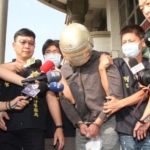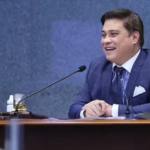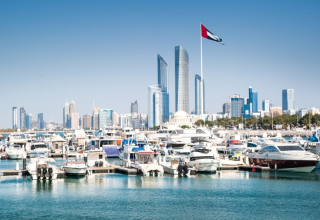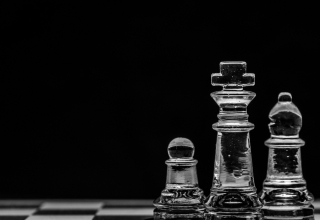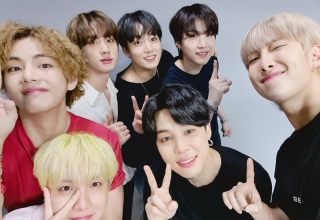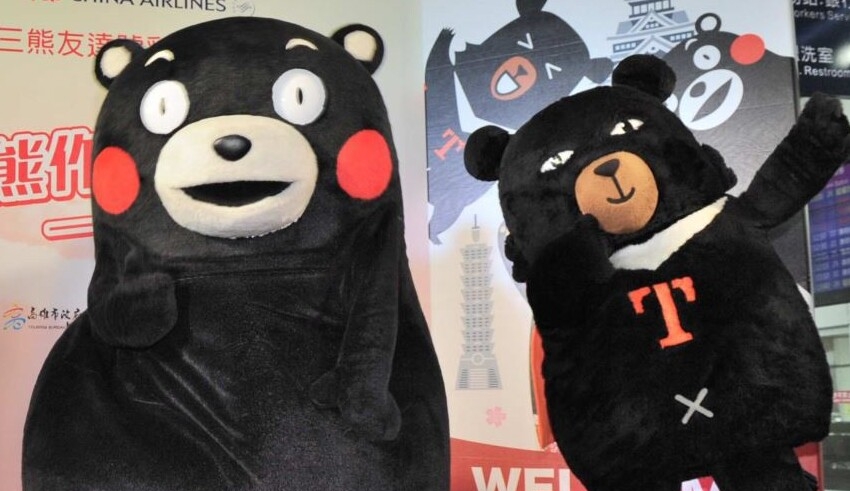
On Thursday, October 20, more than 60 travel firms held a showcase in a five-star hotel in Metro Manila to promote Taiwan as the country reopened its borders to more travelers.
Five Taiwanese travel firms and three Taiwanese airlines took turns presenting their trip packages and newest aircraft in a function room at the Diamond Hotel in Manila. Offstage, over one hundred people went from table to table handing out business cards and introducing themselves in an effort to entice hundreds of thousands of Filipinos to visit Taiwan.
Ambassador Michael Peiyung Hsu of Taiwan stated, “In the post-pandemic era, tourists prefer slower, more introspective travel and more personalised experiences, such as local, in-depth, and theme-centered packages.”
This has caused Taiwan to shift its focus toward railway tourism, ecotourism, culture tourism, and cuisine tourism. The Taipei Economic and Cultural Office hoped that the introduction of new travel experiences will attract even more Filipino travelers.
“In 2019, almost 500,000 Filipinos traveled to Taiwan,” Hsu stated. “In the coming year, I expect the number of Filipino tourists to Taiwan will surpass the pre-pandemic level,” the author says.
Abe Chou, director of the Taiwan Tourism Bureau in Kuala Lumpur, adding that because Taipei is only two hours away from Manila and visa requirements have been loosened, “it is now very convenient and simple for Filipinos to visit Taiwan.”
Keep Reading
The Taiwan Tourism Bureau hosted the event on Thursday after Taiwan began to loosen its travel restrictions. From September 29, 2022 to July 31, 2023, Filipinos could go to Taiwan without a visa and remain for up to 14 days.
Additionally, Taiwan recently removed required quarantine in government facilities. Beginning on October 13, arriving tourists will be subject to seven days of self-monitoring. The “0+7 self-initiated prevention” strategy requires passengers to test themselves and report any changes to their health state.
Travelers will receive four quick antigen kits upon arrival. According to government regulations, travellers are required to self-administer the antigen test upon arrival and every two days thereafter.
For example, the initial test will be administered upon arrival, or Day 0. Again, tests must be conducted on Days 3, 5, and 7 of the visit. After the initial week, no exams are necessary. Those who test positive must immediately seek medical assistance through a telemedicine session. In addition, travelers are responsible for all medical bills.
Throughout their stay, travelers must also comply with pandemic precautions. Although tourists are permitted to leave their hotels during the self-initiated preventive period, they must have a negative quick test result at least two days before to departure. Those who share lodgings must remain consistent during their stay.
Tourists should also avoid dining with locals and adhere to standard guidelines such as wearing a mask indoors and maintaining a social distance.
